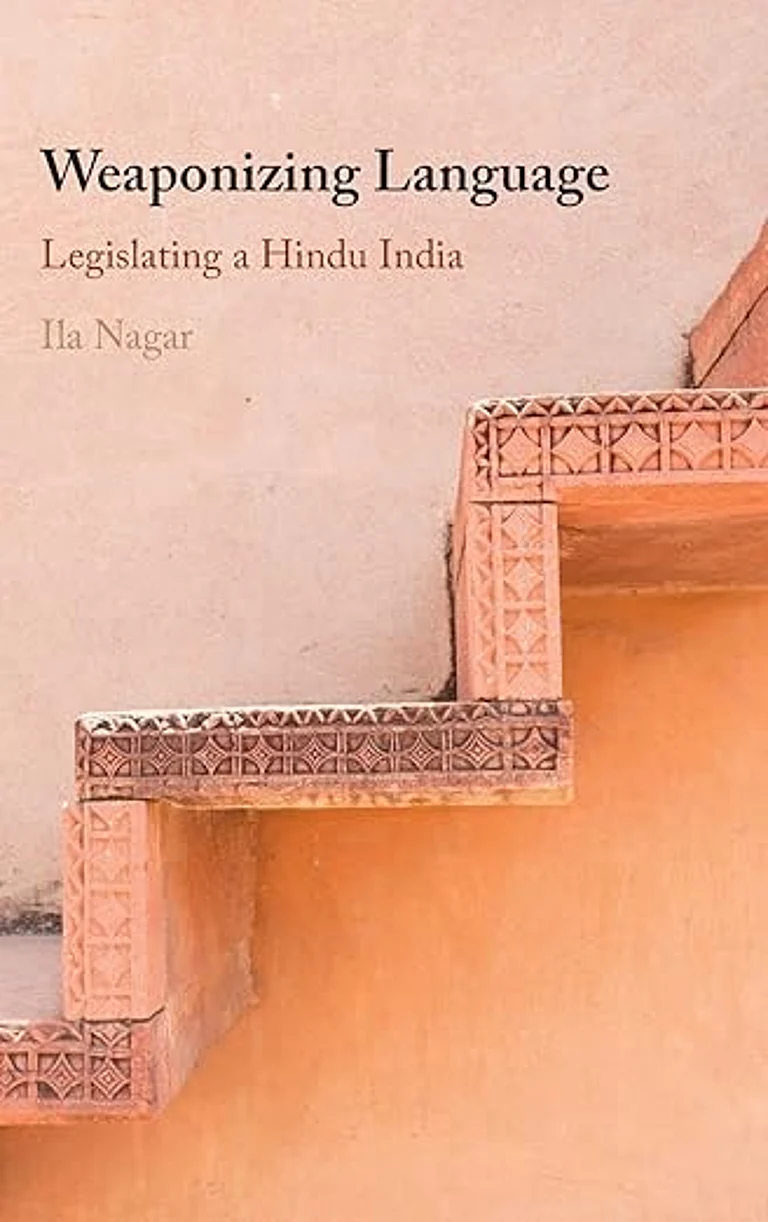The US government and the United Nations have expressed concerns about a contentious 2019 Citizenship Amendment Act in India.
The UN has called the CAA "fundamentally discriminatory in nature," Reuters reported.
The report stated the rights advocates have criticized the 2019 CAA, which the Indian government moved to implement, opens new tab on Monday.
Human Rights Watch and Amnesty International say it discriminates against Muslims, it mentions.
Ahead of upcoming Lok Sabha elections in India, Prime Minister Narendra Modi led BJP government has been pushing to implement the law, which makes it easier to get Indian citizenship for non-Muslim refugees from three Muslim-majority South Asian nations: Afghanistan, Pakistan and Bangladesh.
The report mentioned rights groups note the law leaves out, opens new tab Muslim minority groups like Shia Muslims from those countries while also excluding neighboring countries where Muslims are a minority, like the Rohingyas in Myanmar.
"As we said in 2019, we are concerned that India's Citizenship (Amendment) Act 2019 (CAA) is fundamentally discriminatory in nature and in breach of India's international human rights obligations," the report quoted a spokesperson of the Office of the United Nations High Commissioner for Human Rights as saying.
It added that the UN office was studying whether the law's implementation rules comply with international human rights law.
The US has also signaled reservations.
"We are concerned about the notification of the Citizenship Amendment Act on March 11. We are closely monitoring how this act will be implemented," a US State Department spokesperson was quoted as saying.
"Respect for religious freedom and equal treatment under the law for all communities are fundamental democratic principles," the State Department spokesperson was quoted as saying in the report.
The report mentioned activists and rights advocates say the law, combined with a proposed national register of citizens, could discriminate against India's 200 million Muslims - the world's third-largest Muslim population. Some fear the government might remove the citizenship of Muslims without documents in some border states, it mentioned.
Modi's government did not implement the law following its 2019 passage as protests and sectarian violence broke out in New Delhi and elsewhere. Scores were killed, opens new tab and hundreds injured during days of clashes.
The report also mentioned Indian government denies the law is anti-Muslim and says it was needed to help minorities who suffered persecution in neighboring Muslim-majority nations. It has called the earlier protests politically motivated, it stated.


























